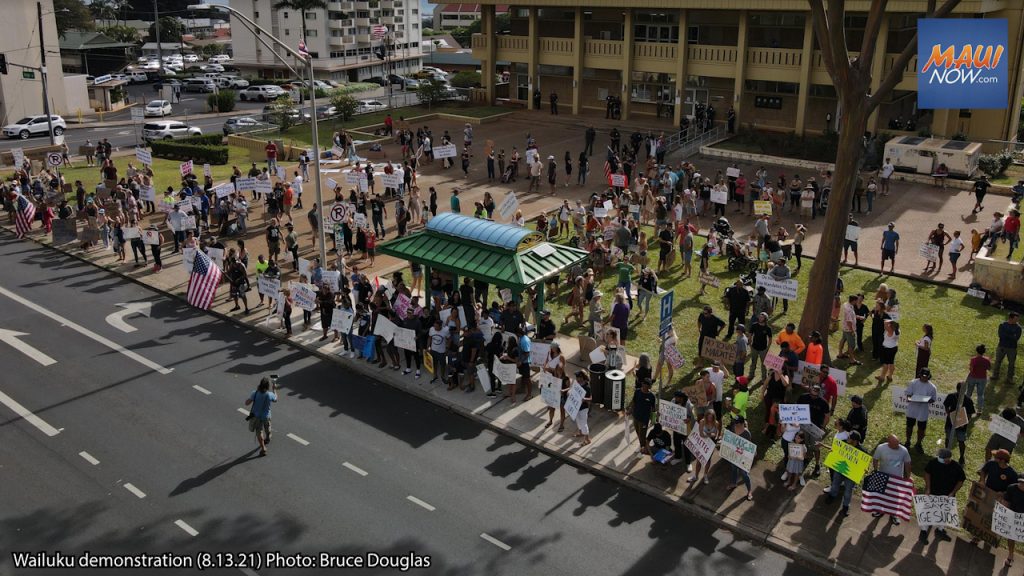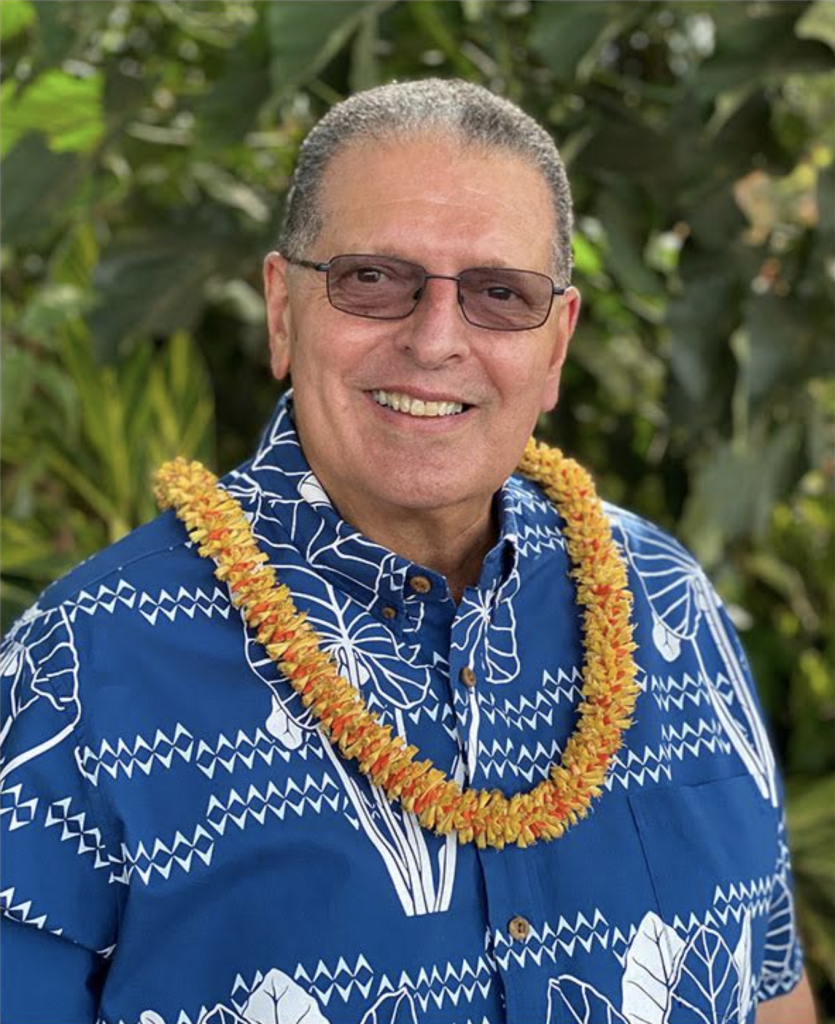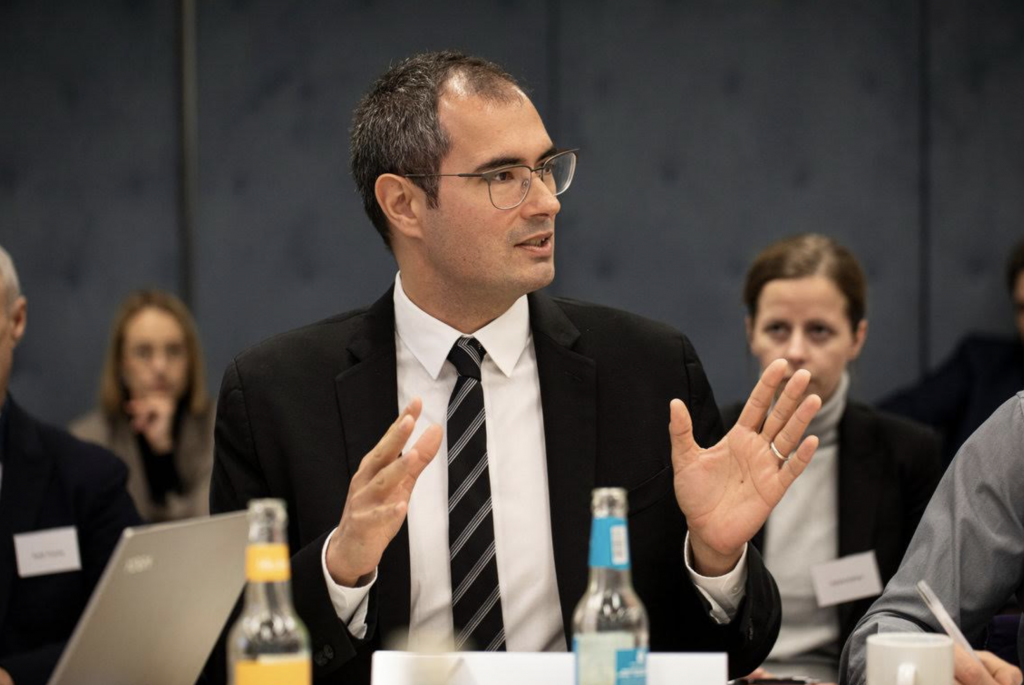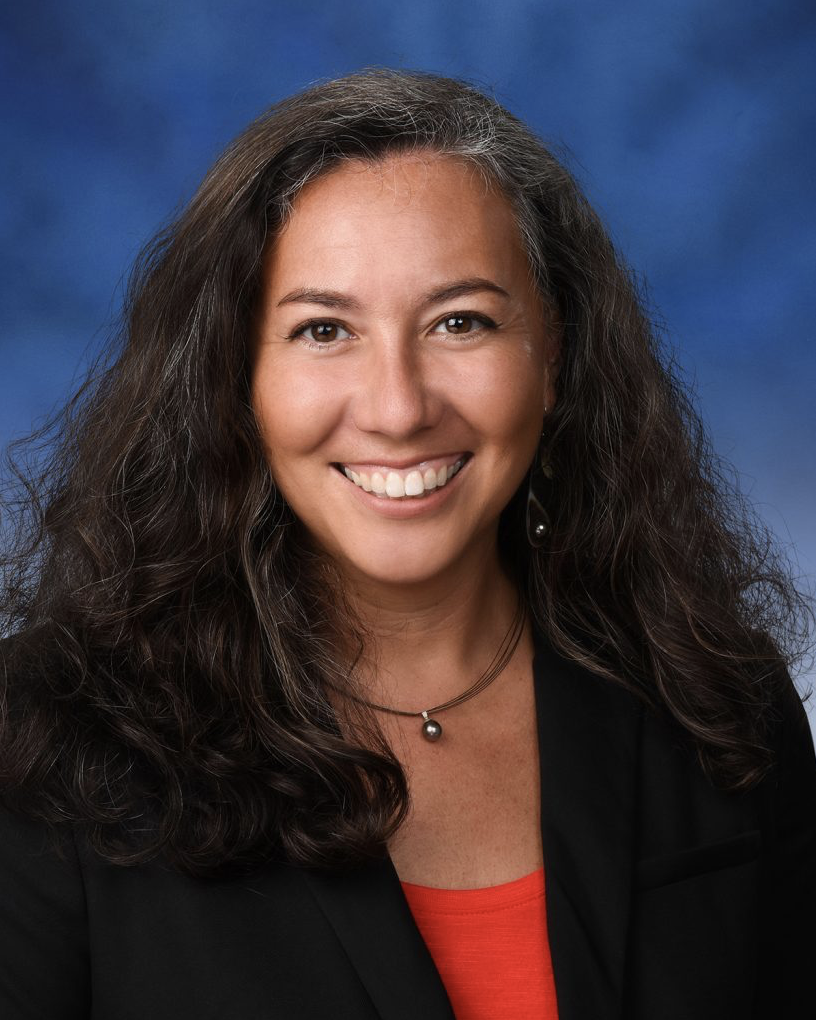Rancor, Rallies, Petitions and Anger: Divisiveness in the Era of COVID-19
Rancor, rallies, petitions and anger.
Incendiary and uncivil posts on message board forums and social media.
Masks and mandates; haves and have nots. To vax or not to vax?
In this era of COVID-19 and its attendant deprivations, never before has Maui seemed more like a house divided.
In the immortal words of Rodney King, “Can’t we all just get along?” For now, the answer is apparently not.
What has led us here? Can we mend? Do we need to redefine aloha?

These questions and more were posed to: a Maui County Council member; a longtime Maui resident; Mayor Michael Victorino; and Jairus Grove, the chair of the political science department of the University of Hawaiʻi-Mānoa.
Tamara Paltin represents West Maui on the County Council. She is the chair of the county’s planning and sustainable land use committee.
“I think that a lot of it has to do with the deprivations of the last 18 or so months and the lack of normalcy and face to face contact in our lives but also we seem to have been building up on divisiveness since the previous presidential election. The diplomacy and leadership of the Obama era is long gone,” Paltin said.
Charles Garrison has lived on Maui since 1998. He is a gadfly, an activist and someone who moves easily among many circles. He sees what is happening on Maui as part of a global malaise. A situation that echoes the title of the old song “Ball of Confusion.”

“I think the major problems are spiritual, mental and physical fatigue. There are so many changes going on across the world, the pandemic, immigration issues, violence against cultures and other problems. And with the internet, we are much more aware of a global crisis that produces a sense of doom,” Garrison said.
Victorino has presided over a very difficult 18-month stretch and has been the subject of a petition to replace him. He has also been the target of barbs, complaints and insults.
The mayor issued a statement concerning the current climate on Maui.
“Human beings aren’t equipped to cope with nearly two years of a major crisis, so the anger is understandable. But the divisiveness is not,” he said.
Citing historical precedents for devastating pandemics in Hawaiʻi and the isolation of the islands, he said, “my top priority has been, and continues to be, the health and wellbeing of our people. I’ve been criticized by those who believe more caution is needed and others who want me to throw caution to the wind.”
Victorino said the time has brought personal sadness and an acknowledgment of frustrations.

“We live in a small community, so I know some of the 94 people who’ve died from COVID-19 here, as well as their loved ones,” he said. “I also know small business owners who’ve been hurt by rules and restrictions. It’s not easy to strike a balance between protecting public health and the economy. I believe elected officials should err on the side of caution because our decisions can mean the difference between life and death,” he said.
“A few people have a nasty way of expressing their opinions, but most of our residents continue to live aloha by caring for one another,” he said.
Given the toxicity of tone on Maui, was aloha just a myth?
“I recently posted on social media that I think there is something lost in translation in the way I sometimes see the word aloha used in a sentence,” Paltin mused.
“A phrase like ‘Where is the aloha?’ is inappropriate when looking for a cheap or free deal; aloha is not a discount. Even when you see government signs saying ‘Drive with aloha’ or ‘Share the aloha,’ I feel they miss the mark, because to me, ‘Aloha’ is something that comes from your heart, something that is given freely with no expectation of getting anything in return. I believe ‘Aloha’ is still very much alive here in Hawaiʻi nei but if you come expecting it, or trying to command it, it becomes more elusive. I know there is HRS law on aloha and I support the idea of that, that we should all strive to live aloha, but unfortunately as we are seeing it is not really something that can be successfully mandated,” said Paltin.
“Aloha to me is a mantra, a tool for unity, positivity and love,” Garrison said, while adding it must exist with intention and a conscious sense of community wellness.
Jairus Grove, chair of the Political Science Department at UH Mānoa took a macro overview of the issue.

“I think we need to take a step back and ask why politicization of masks and vaccines is so effective. I think what we have, particularly locally, is a crisis of trust. Our institutions and state providers are not trusted sources of information or trusted sources of care and treatment. Education is obviously necessary but it is not sufficient to build the necessary trust between state leaders and the constituencies that feel betrayed,” he said.
“COVID divisions are not the cause of polarization, they are a symptom of a much deeper problem of democratic accountability in a state that has not addressed the open wounds of settlement, marginalization, and under representation. And those wounds are being cynically exploited by political opportunists that thrive on disinformation and division,” Grove said.
Garrison pointed out that Maui and its residents are facing increasing social pressures such as lack of affordable housing, quality employment and ever rising food prices. Like Paltin, he cited a degradation of the land, the use of GMOs and other toxins as a threat to Maui’s health and culture.
“Maui is a breeding ground now for big developers and wealthy speculators. We now have industrial farming on 41,000 acres with its side effects. Money still talks,” he noted in alluding to the loss of land and small businesses to outside investment.

Paltin said that Maui and Hawaiʻi has seen a lot of division in the past on various issues.
“I guess what is different this time around, to me, is that with the stakes being high in terms of possibility of near term death and loss of livelihood (as opposed to health effects we could see play out over a lifetime like GMOs), there is less space to compromise or even look at the big picture, possibly in part because we are not seeing each other face to face and have not for quite some time now,” she said.
What might be done to mitigate some of the vitriol, misinformation and anger that is smoldering?
Paltin said, “I think we need to focus on the end result. We collectively, would like to see and identify the folks that are willing to put in the time and effort to get us there. At the county level, I don’t believe there is a mandate to get vaccinated, however if you are not vaccinated they ask folks to get tested regularly; while this may not be ideal, it’s working for the time being and I can only hope that we keep the dialogue open to improve in ways to keep folks feeling safe and respecting rights.”
Grove added, “the solution to these problems in a democratic society is representation. When every community feels that they have the self determination to shape the political agenda, decisions will feel consensual rather than coerced.”












